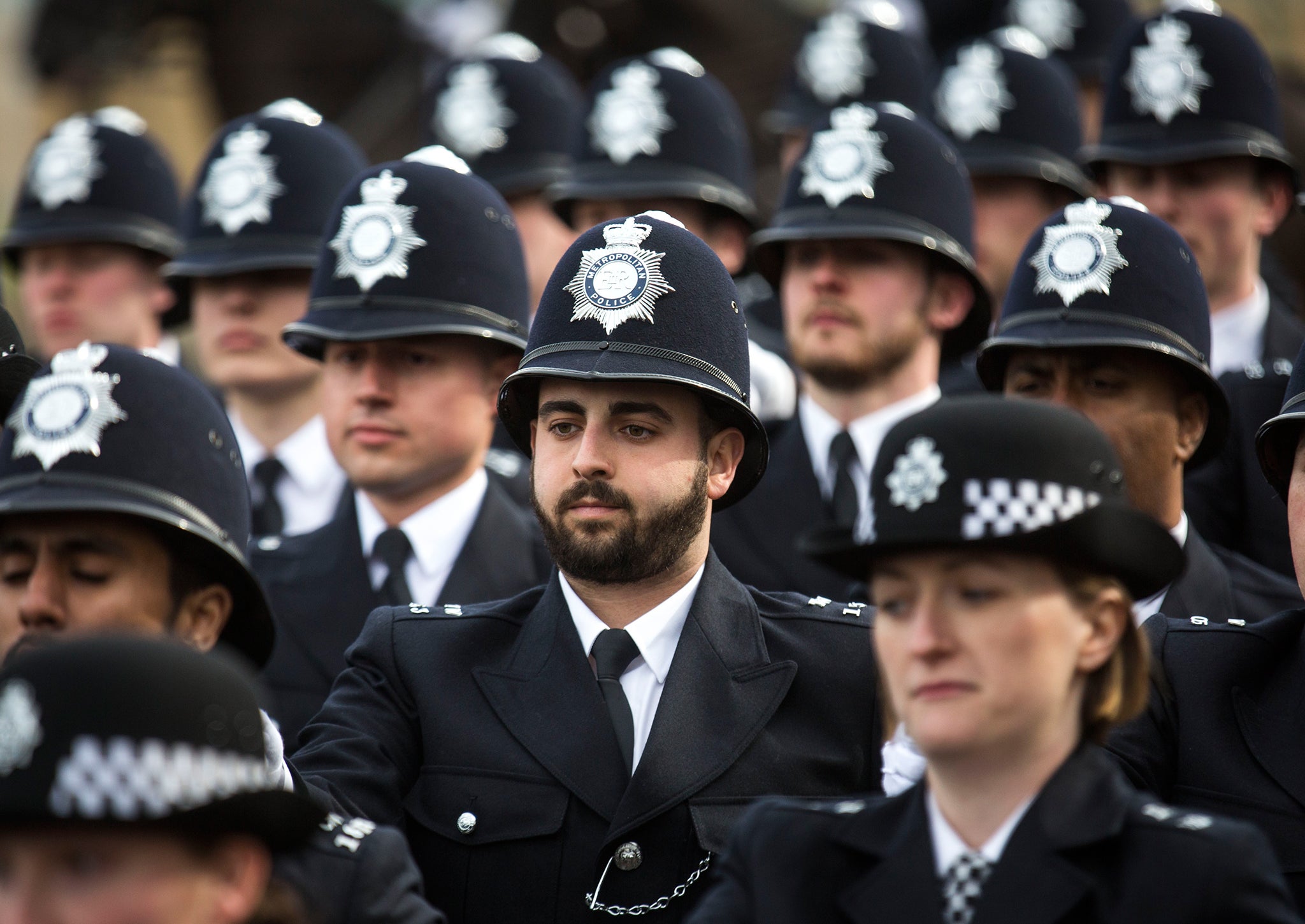Police and Crime Commissioner elections 2016: Everything you need to know
All the key questions answered about the elections on Thursday

Your support helps us to tell the story
From reproductive rights to climate change to Big Tech, The Independent is on the ground when the story is developing. Whether it's investigating the financials of Elon Musk's pro-Trump PAC or producing our latest documentary, 'The A Word', which shines a light on the American women fighting for reproductive rights, we know how important it is to parse out the facts from the messaging.
At such a critical moment in US history, we need reporters on the ground. Your donation allows us to keep sending journalists to speak to both sides of the story.
The Independent is trusted by Americans across the entire political spectrum. And unlike many other quality news outlets, we choose not to lock Americans out of our reporting and analysis with paywalls. We believe quality journalism should be available to everyone, paid for by those who can afford it.
Your support makes all the difference.What’s being voted on?
Electing 40 police and crime commissioners to lead most of England and Wales’ local police forces.
Read our guides to the 2016 UK elections
London, the City of London, and Greater Manchester are not being elected because they are devolved to their Mayor, board, or prospective Mayor. Scotland administers its police separately.
What are the main issues at stake?
How to run local police forces and what their priorities should ne. These elections have received very little coverage.
Who’s going to win?
It’s impossible to say – turnout is so low that anything could swing it and election battles are dependent on highly volatile local factors.
When will we know the result?
Counting is expected to begin the next day.
How do the elections work?
Elections will be made using the “supplementary vote” system where voters can rank two candidates in order of preference.
Join our commenting forum
Join thought-provoking conversations, follow other Independent readers and see their replies
Comments